Everything you need to know about Romania in less than 60 minutes

The Romanian currency (leu) continues to depreciate against other foreign currencies.
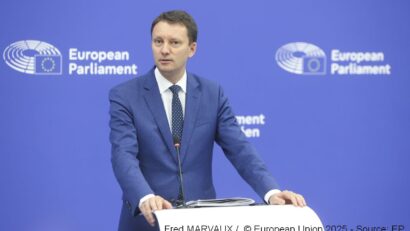
The European Parliament passed a resolution on the EU's future multiannual financial framework

The political instability in Bucharest and the result of Sunday's presidential election have had a negative impact on Romania's economy.

After days with summer-like temperatures, Romania is now faced with a lot of atmospheric instability.

Every year, on May 7, we remember, at Radio Romania International, the greatest performance in the history of Romanian football.
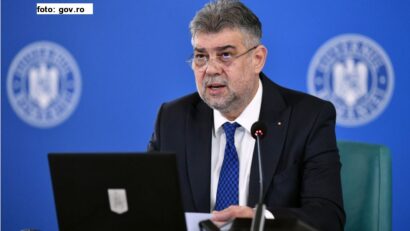
The victory of the self-proclaimed sovereigntist candidate in the first round of the presidential elections triggered major political shifts in Romania
Currency Converter RON/EUR: Fri, 9 May.

The latest from the Romanian labour market
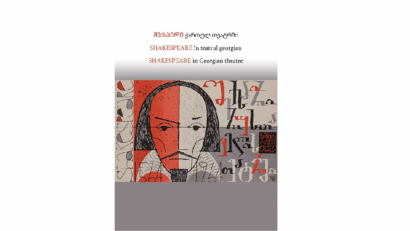
The Embassy of Georgia in Romania, jointly with the "Ion Luca Caragiale" National University of Theatre and Cinematography, mounted an exhibition featuring historic posters of Shakespearean theatrical productions staged in Georgia since 1894.
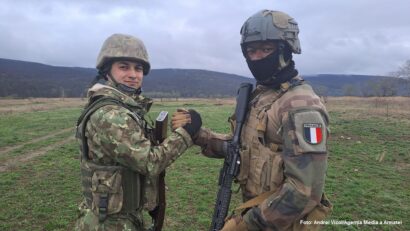
Soldiers from the 634th Infantry Battalion in Piatra Neamț have recently held a joint training event with French soldiers from the NATO Battle Group in Cincu.
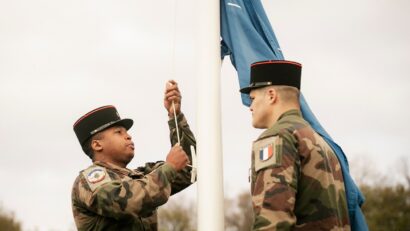
Servicemen of several nations are presently training in Cincu, central Romania
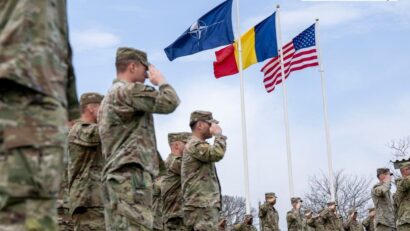
At the 57th Air Base in Mihail Kogălniceanu, southeastern Romania, the transfer of authority ceremony took place between the 2nd Air Assault Brigade "Task Force Strike" of the 101st Airborne Division and the 3rd Brigade "Task Force Patriot" of the 10th Mountain Division.

Young jazz singer and composer Ana Dubyk's debut album is called Halcyon, the name of a Greek mythical bird said to be charming the sea wind and waves into calm

A recent census presented by the Romanian authorities shows that the bear population in Romania has reached almost 13,000.

Nicolae Steinhardt’s life is a narrative of transformation: from Jewish intellectual to Christian monk, from prisoner to spiritual guide

An interview with David Irle, independent eco-advisor and co-author of the volume "Décarboner la culture"

Everything you need to know about Romania in less than 60 minutes

Everything you need to know about Romania in less than 60 minutes

Everything you need to know about Romania in less than 60 minutes

Professional photographer, Mihai Moiceanu, offers tourists the opportunity of taking back memories from the places visited

Friendship between states is not just about fine words, but also about action
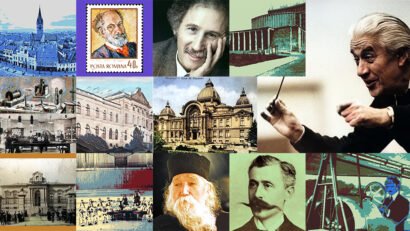
One of the languages specific to both South-Eastern Europe and the Middle East, which contributed to the creation of a common multicultural space, was the Ladino language, a language spoken by the Sephardic Jews.
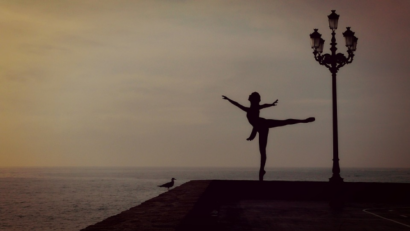
International Dance Day is celebrated on April 29

RRI broadcast frequencies valid as of March 30 to October 25, 2025:

A malfunction has been recorded at one of the transmitters in Tiganesti, and we will temporarily be broadcasting on different frequencies.

RRI broadcast frequencies valid as of March 30 to October 25, 2025:

Radiocom has managed to fix the malfunction of one of the shortwave transmitters in Tiganesti

Businessman Elon Musk was designated "Personality of the Year 2024 on RRI"

The RRI programs have been temporarily moved to a second transmitter
